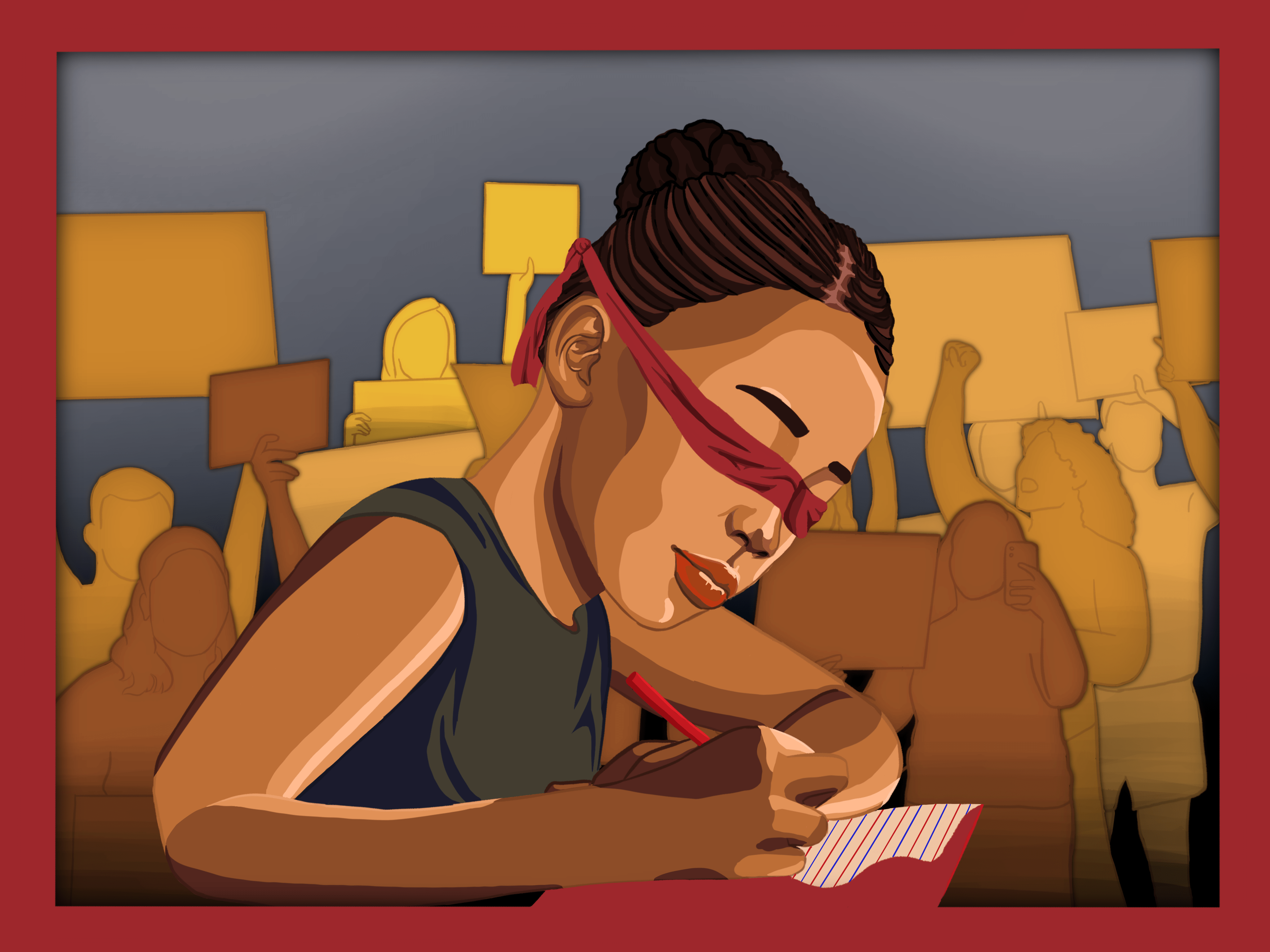Yestin Arvin Gochuico– Staff Writer
Politically divisive and anti-American—Republicans say Critical Race Theory (CRT) has infiltrated public institutions by teaching historically inaccurate events and indoctrinating people to be against core American values. But CRT isn’t driving a wedge in society, unlike they say.
Introduced during the first half of January 2022, the new Senate Bill (SB) 148 and House Bill (HB) 7 would limit discussions of various race-related topics in classrooms and workplace training sessions. A step forward to Gov. Ron DeSantis’ push against CRT, the bills would further suppress racial dialogues told through the lens of African Americans if passed.
It has only been a month since DeSantis announced a legislative proposal that would give “private right of action” to employees and parents of children taught with CRT concepts. Now, Republican legislators are boosting their efforts to crack down on racial discussions they deem cause “psychological distress” by seeking to require educational instruction to be “consistent with specified principles of individual freedom.”
In one example stated in Section 2 of SB 148, American history should be “viewed as factual, not as constructed, shall be viewed as knowable, teachable, and testable … based largely on the universal principles stated in the Declaration of Independence.” On the contrary, if we look at the history of the Second Continental Congress in the context of slavery, it shows independence wasn’t for every individual but rather only afforded to the colonists at that time.
How can history be nuanced if education gets based on “universal principles” of a founding document without explaining the context of its racist past? Mind you, this is only scratching the surface.
These legislative actions pose a facade of neutrality and claim to fight discrimination through misguided instructional reforms. It fails to address the concept of covert racism, where ideas, structures, and historical narratives can appear neutral and the same for everyone, as this bill regards, but in actuality, they have destabilized marginalized communities when looked beyond the surface level outcomes.
The American education system perfectly illustrates a structure operating with covert racism. Many consider all Americans have equal access to education, but economic disparities create an uneven playing field for academic opportunities. Studies have shown that the average standardized test scores increase parallel to a student’s family income. Considering the already large racial wealth gap, students from affluent white neighborhoods have more chances to succeed academically than students from Black neighborhoods.
While congress committees are still debating the bills, censorship of historical context and systemic racism is already translating to reality today in classrooms and workplaces when viewed under the distorted definition of CRT.
Introduced commonly in law schools, CRT is an academic framework that calls attention to the embedded racist policies of America’s social institutions and how it still systemically impacts modern U.S. society; it is, at least, how it should be defined. CRT now implies a blanket term to invalidate all race-related education.
Parallel to how “Cultural Marxism,” “wokeness,” and “political correctness” were weaponized, the definition of CRT is relentlessly being shifted from a socio-political discipline to a controversial buzzword as a way to target and strike down several progressive movements like Black Lives Matter. Pedagogical-related racial studies suffer from this shift, as misguided semantics cast them to the public as “divisive.”
Through “Linguistic Hijacking,” dominant groups can shift the meaning of terminologies and drive their definition into complete obscurity. Boston University professor Derek Anderson defined it as “misusing or co-opting politically significant terminology in ways that harm marginalized groups.” It is a form of “epistemic and political violence” that renders words ineffective in political discourses so dominant groups can assert their political hegemony and resist the knowledge of oppression, essentially rejecting concepts that challenge the system.
Republicans are falsely narrating CRT as self-defeating, and they believe it’s “inherently racist” to explain how systemic racism persisted in America. How can the enlightenment of racial injustices to the youth end up the ones cultivating it? It can’t.
DeSantis’ legislative proposal and the newly introduced bills address nothing about racism but rather raise a solution to a boogeyman problem it created. By silencing educators, what it only contributes is the erasure of centuries-worth struggles of African Americans in the face of the racist societal structures of America.

gochy@mail.broward.edu
